Greek Finance Minister Christos Staikouras on the opening of a platform for applying for a subsidy, its amount and terms of payment, as well as on diesel fuel, taxes and the economic situation in general.
Against the backdrop of a general increase in prices, Minister of Finance Staikouras noted that heating oil, in his opinion, is not too expensive:
“Heating oil is not very expensive. The price is slightly higher than last year, and the heating allowance has not yet been calculated.”
He said there is €1.5 billion in revenue from the fuel tax that can’t be found elsewhere: “What should we do? We’re giving money back to the households that need it the most. We’re taxing everyone and from the poor, but we return money only to the poor.” With regard to heating benefits, Christos Staikouras said:
“The platform will be opened after the signing of the Joint Ministerial Decision (JM) in the coming days, and a deadline will be set. The platform will be opened in November. Applications can be submitted until December 15: the first payment will be made at the end of December, the second – at the end of February and the third – at the end of April The data show an increased demand for heating oil This year the difference is that, regardless of the amount of fuel oil used by the beneficiaries who also received the heating allowance last year, advances will be given in proportion to the expenses they made last winter, and will be compensated later if they do not use the amount corresponding to the advance payment of benefits.
The Minister of Finance assured that by the end of the year, in any case, 150 million euros from the allowance will be issued to citizens for heating allowance. In total, we are talking about an amount of more than half a billion euros to help households with heating.
Speaking about the re-introduction of the 15% subsidy on the price of diesel fuel at gas stations, which, according to the media, will be reintroduced from November 1, Staikouras explained: “We have exhausted the fiscal space with a number of measures. We have assessed priorities. We will assess whether in the future, a measure of subsidizing the price of fuel will be reintroduced. We have never put the cart before the horse. This requires responsibility. We have proven that we have quick reflexes. We measure, evaluate, and if there is fiscal space, decisions will be made.”
Christos Staikouras also “complained” about the difficult situation in the country in recent years:
“In the past three years, spending has exceeded income to support households and businesses. Over the past few years, 2 billion euros have been allocated to armaments. When spending exceeds income, you have to put your hand in your pocket, especially when it comes to tax cuts compared to the past. What is this pocket treasury of a country that finds money from entering the markets and so we need to be very careful double caution is needed because spreads have risen across Europe they are at levels that were six months ago this applies to everyone not only Greece.
The finance minister, speaking about the government’s economic policy, said that eight out of ten citizens of the country pay 1 billion less in taxes than in 2018. Taxes for the lower classes were significantly reduced, as some of them, such as the solidarity contribution, were abolished. The minister also touched upon the issue of the “basket” of households, and the increase in food prices:
“There can’t be a VAT reduction because we’re not absolutely sure that the reduction will reach the consumer. You can’t influence the market by restricting products. The restriction affects the market dynamics.”
The last question concerned Greece’s request to cap gas prices at the summit. The finance minister said:
“The restriction, which the prime minister rightly advocates, is designed to solve the problem of the energy crisis and rising prices at the root. Today, Greece provides the largest fiscal assistance to its citizens among the countries of Europe, which is 2% of GDP.”
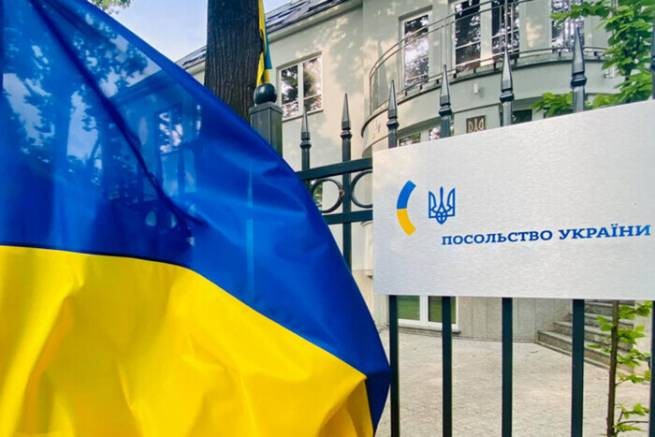
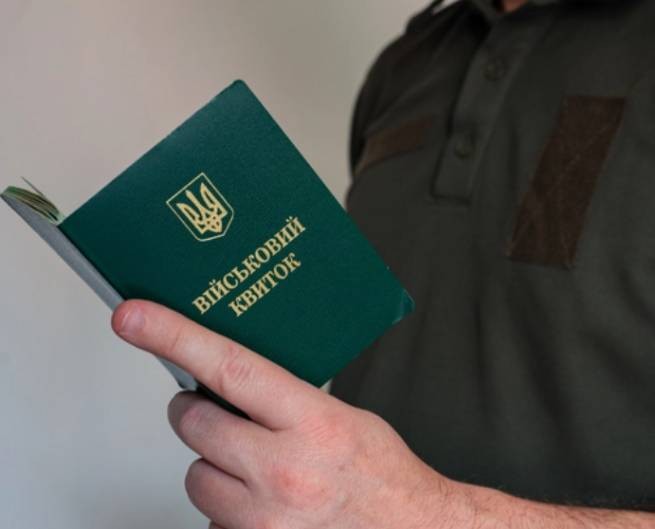
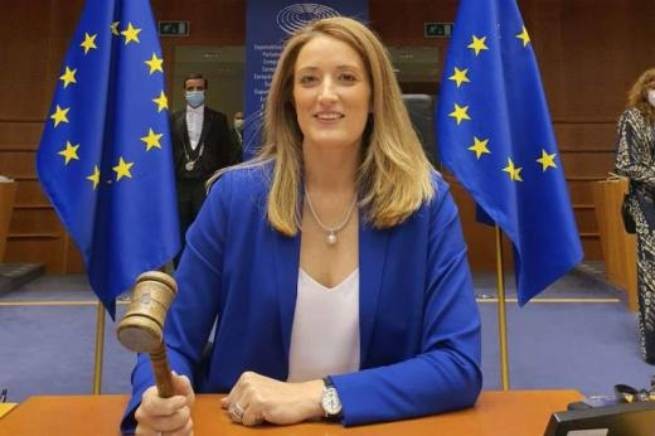

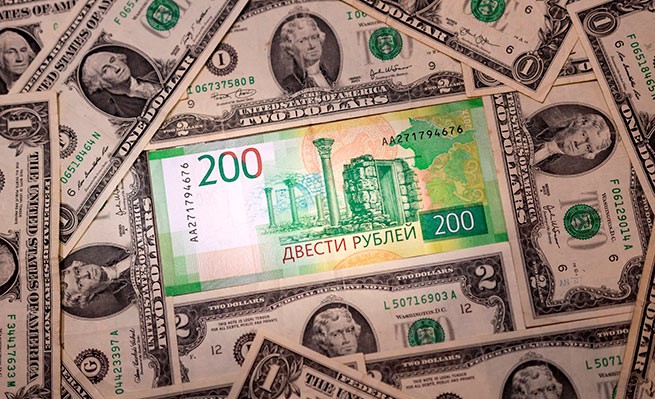
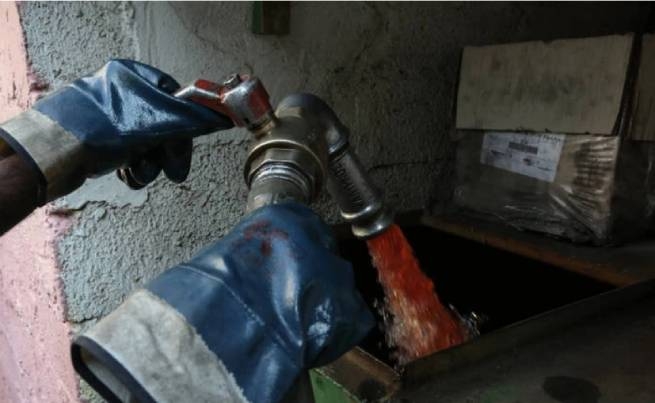

More Stories
Greek diplomats defending LGBT rights
Junta flag on an agricultural cooperative
Greece wants to create its own "Iron Dome"